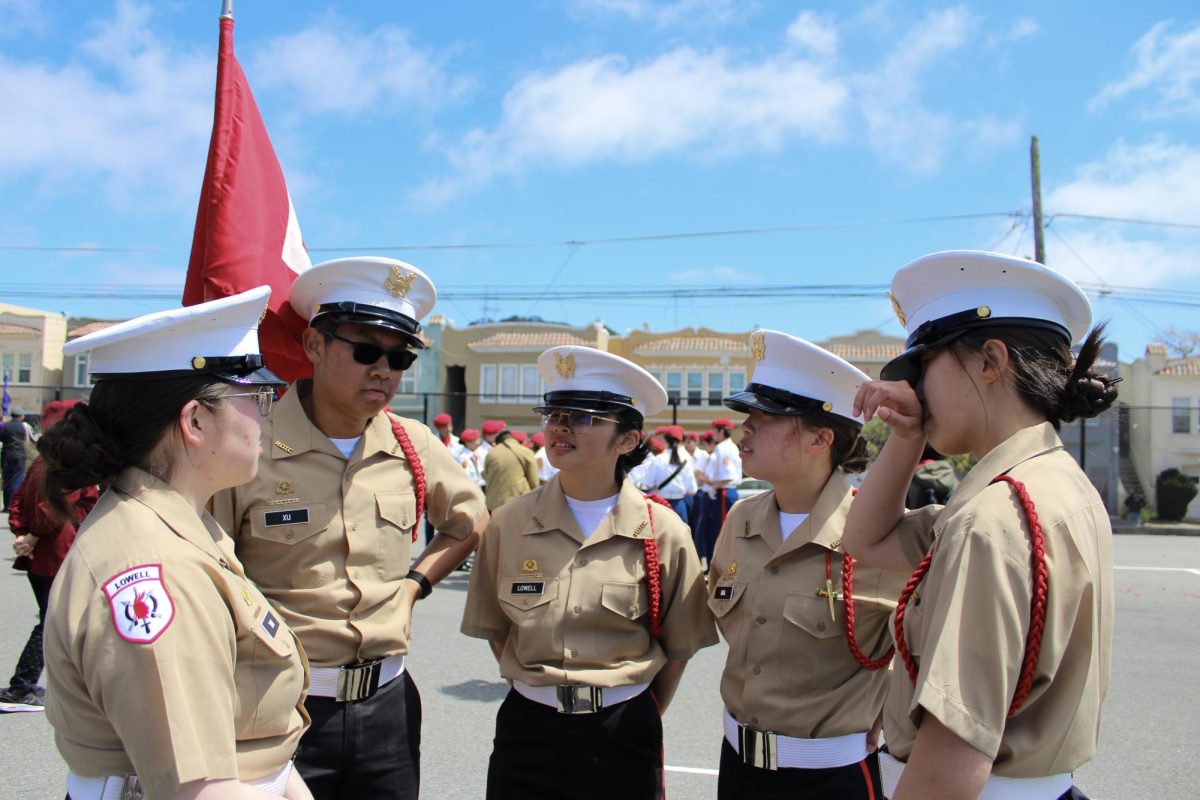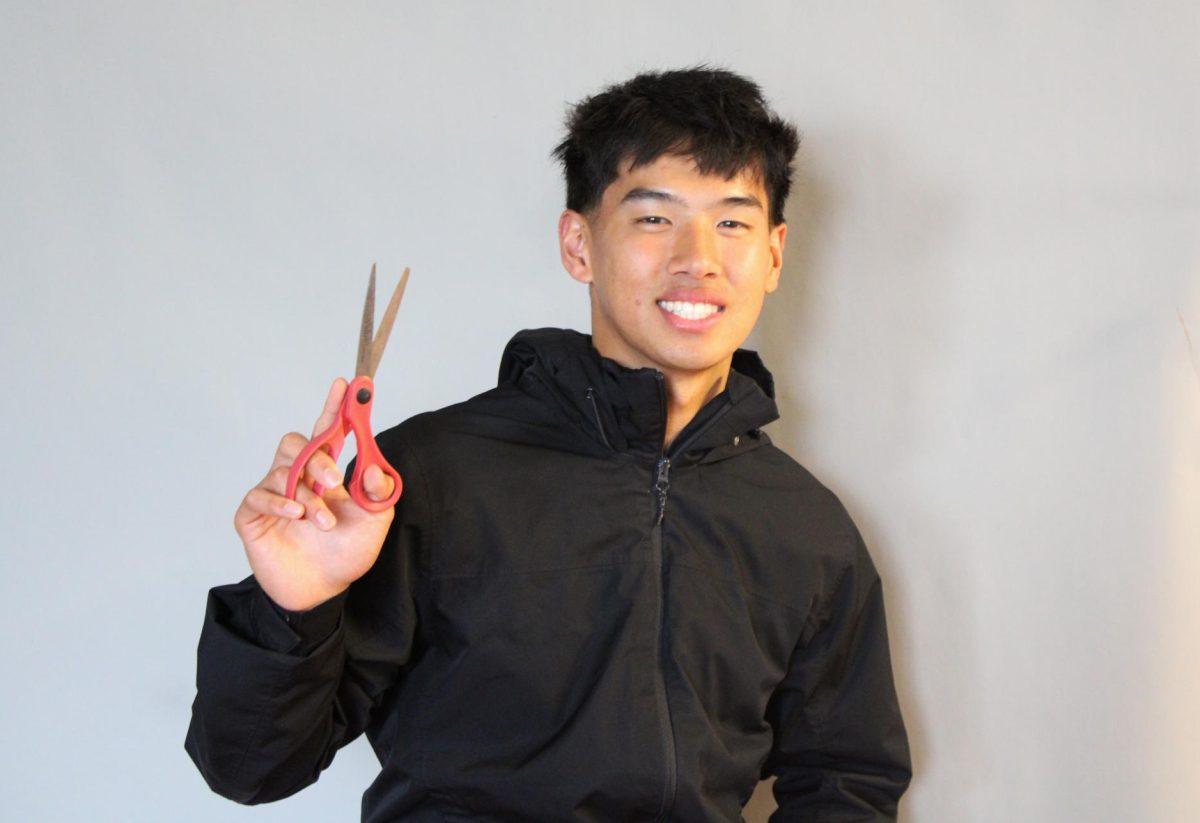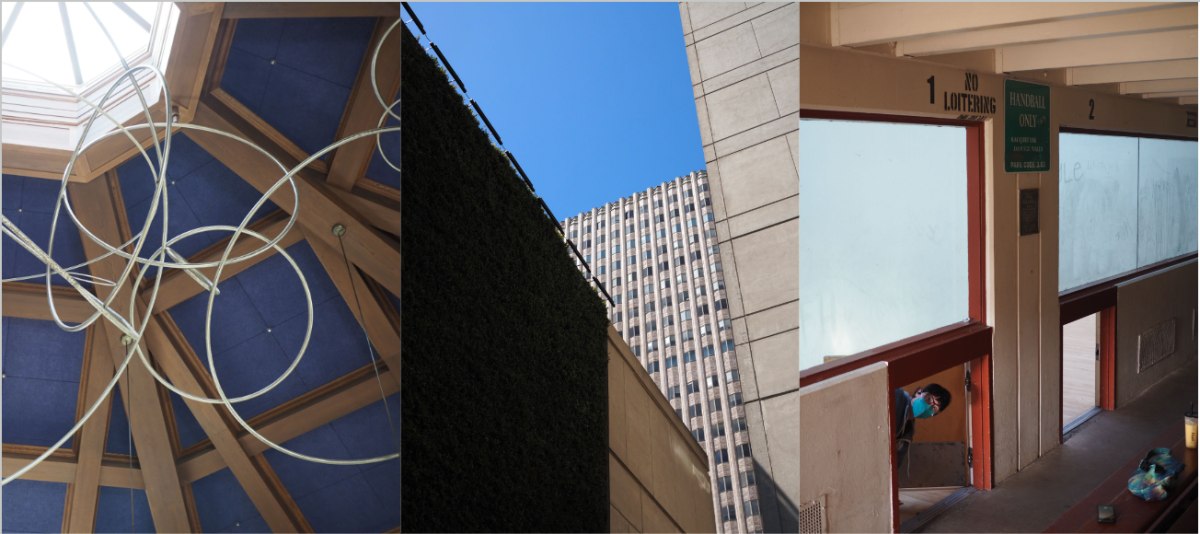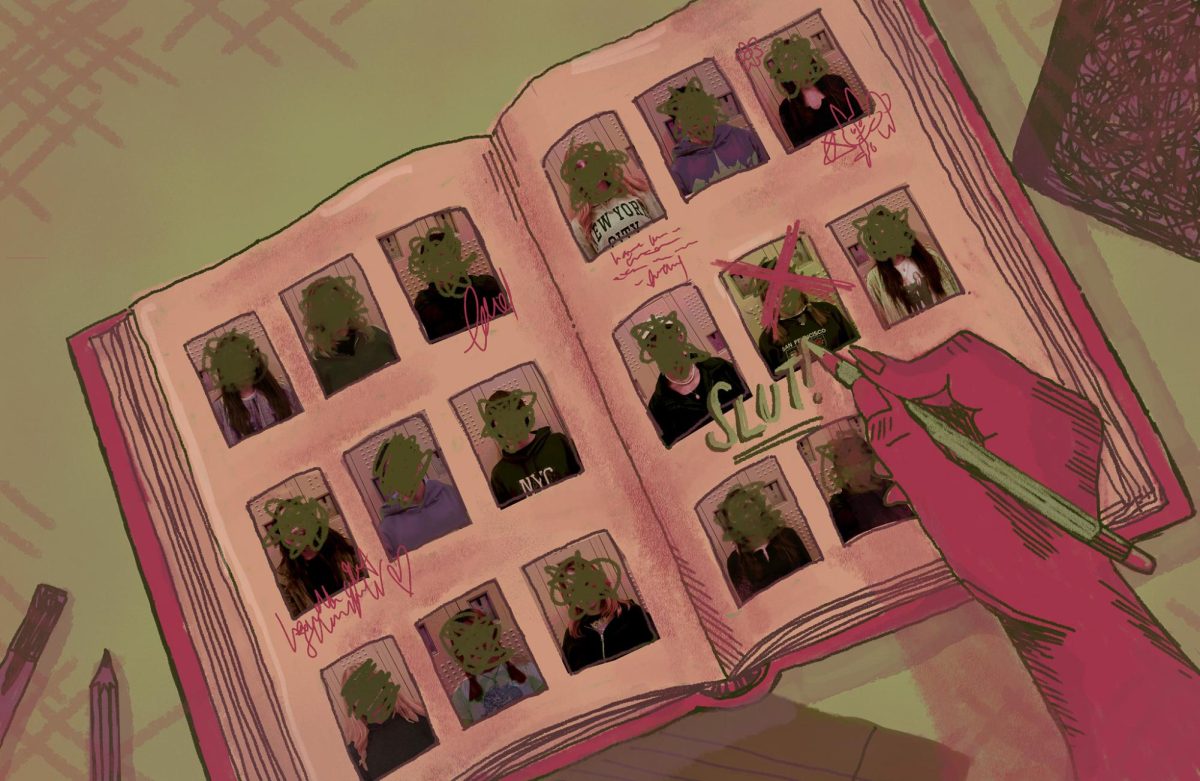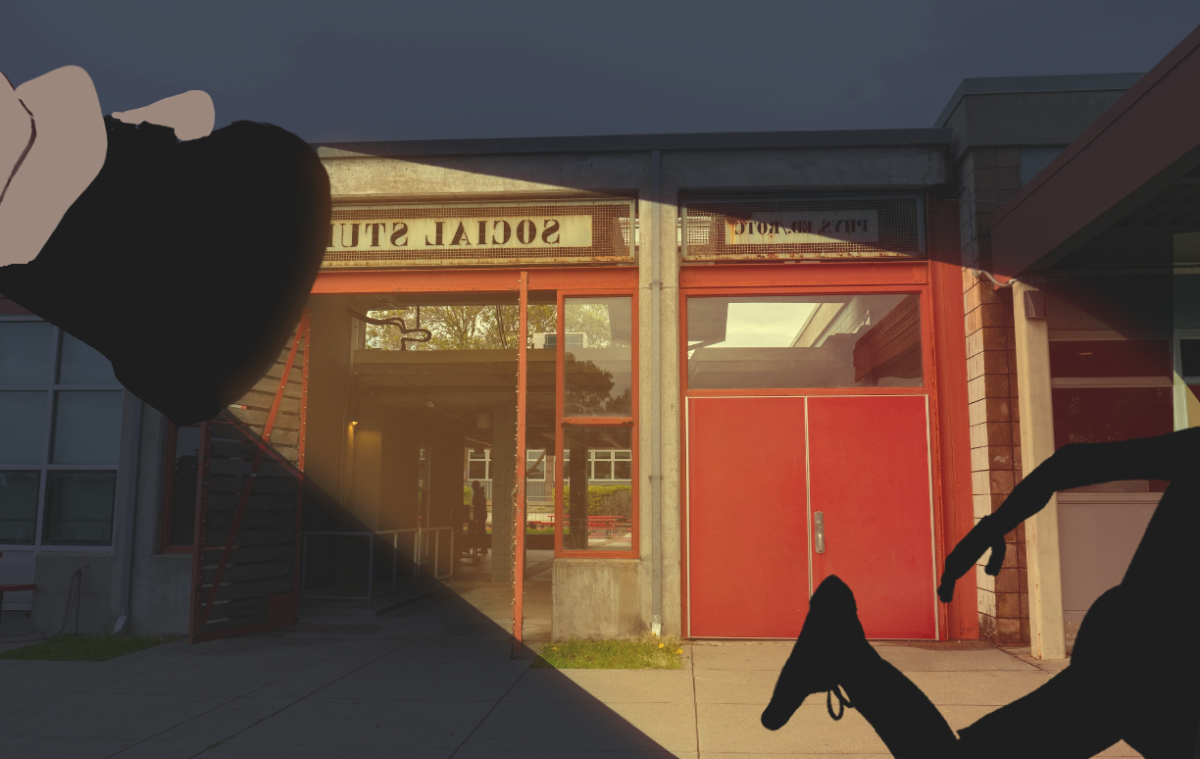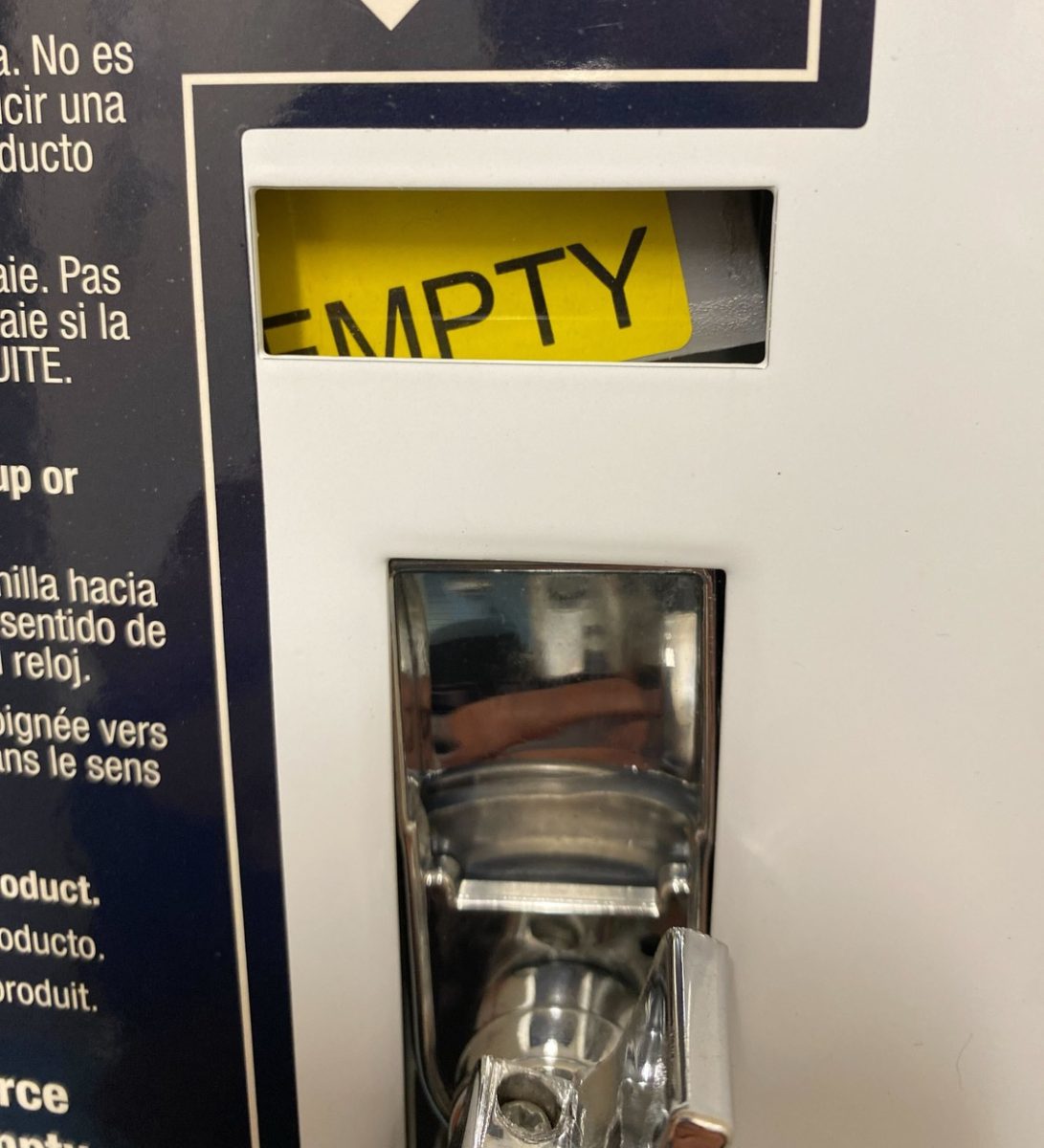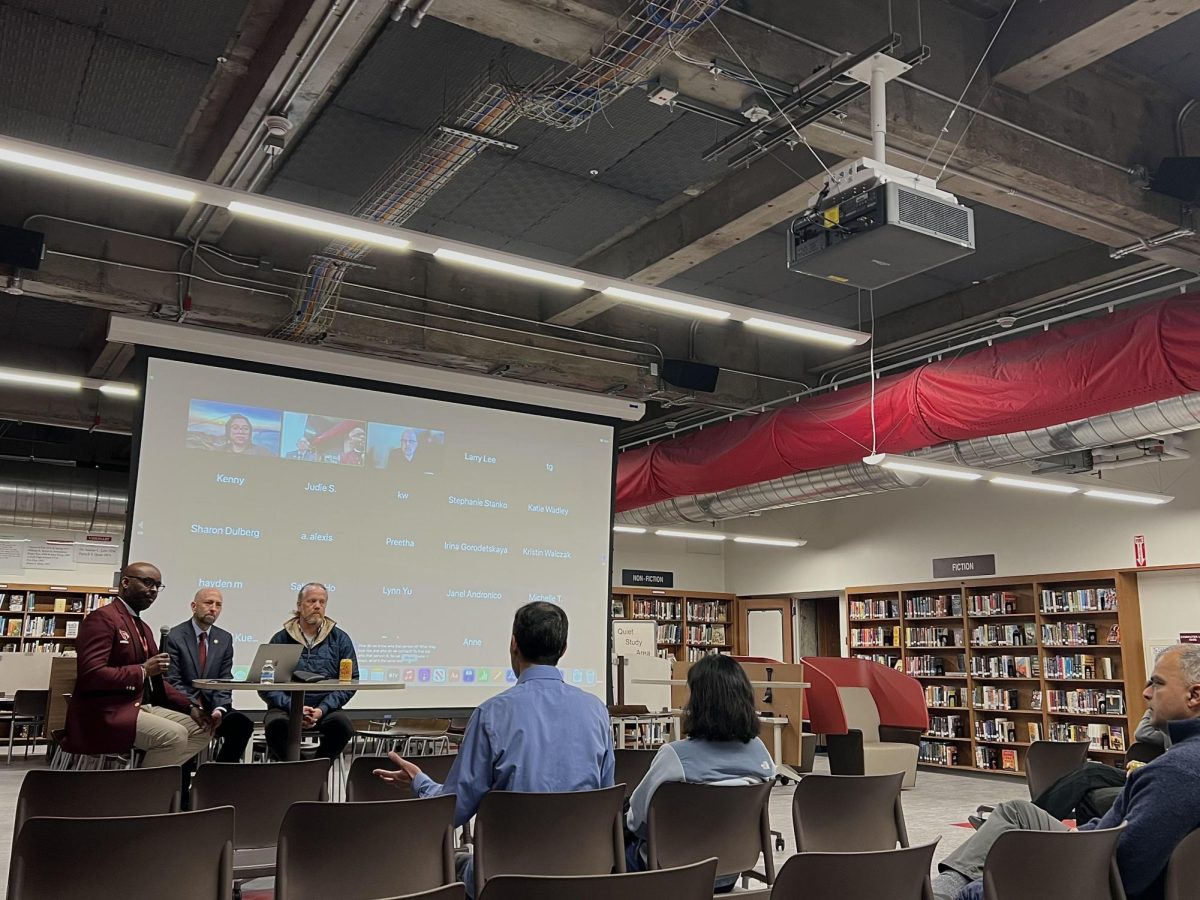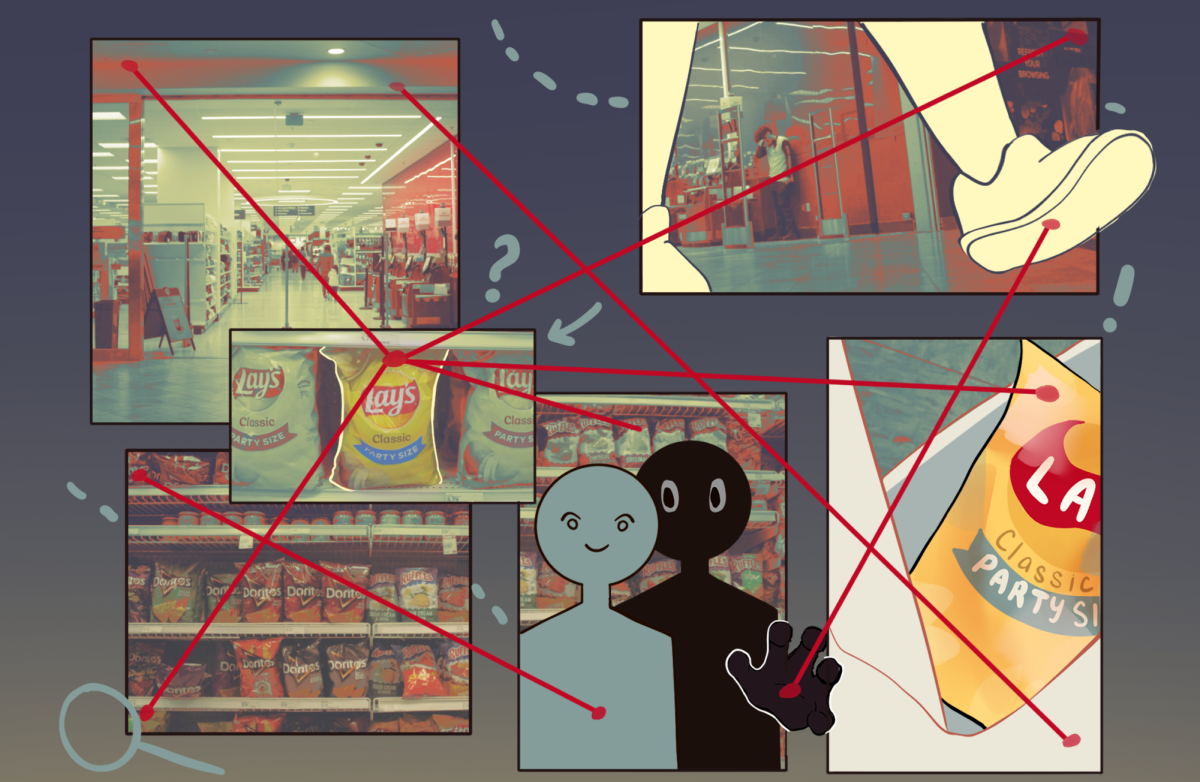Letter to the Editor
Originally published on March 1, 2016
An open letter to the white students of Lowell High School:
This public education is tailored for the white student.
When I graduated Lowell, I felt as if I was a mature, informed, and radically liberal adult, prepared to consciously engage in intense conversation. By the end of high school I had grown and matured a lot — to a certain extent. When I got to college, however, I discovered I was not prepared to participate in discussion of race or acknowledge the privilege my whiteness has given me in these discussions.
I attend Lewis & Clark College in Portland, Oregon. While I intended to write this letter praising Lowell for my refined work ethic and social aptitude, I found these abilities, while meaningful, frivolous in light of the recent events on campus.
I am aware that The Lowell has been publishing a series of articles featuring the experiences of racial minorities at Lowell. I’m also aware of the offensive collage posted in the library window.
I understand that according to the 2012–2013 government data on student diversity at Lowell, students who identify as white only make up 14 percent of the entire student body. WHITE PEOPLE, this does NOT make us a minority. This public education is tailored for the white student. Comprising a minority of the student body population does not give white students “minority status.”
Comprising a minority of the student body population does not give white students “minority status.”
White students of Lowell, recognize your privilege and support your peers.
I don’t deny that conversations about privilege and race are uncomfortable. I realized that it was not the responsibility of my people of color (POC) peers to educate me about my privilege and whiteness. It was not just a matter of listening, I had to seek out articles written by POC authors, watch documentaries, and criticize my sources of information and course curricula. Just because I grew up in a “liberal” and “accepting” city, didn’t mean I had the authority that I thought I did in conversations about race.
Lowell’s focus on high standardized test scores allows little wiggle-room for teachers to adjust their curriculum. However, I would urge teachers to incorporate social and racial justice into the course material whenever possible, as it is essential to producing well-rounded, educated students. One of the best classes I took at Lowell was Mr. Tuason’s U.S. History class, exactly for this reason. He was the first teacher who taught me about Emmett Till.
And finally, white students of Lowell, recognize your privilege and support your peers. Don’t stop the conversation. As a white person you have the choice, you have the privilege, to ignore this conversation about race. This is not an option allowed to many of your classmates.
Katie Kelly, Class of ’14


